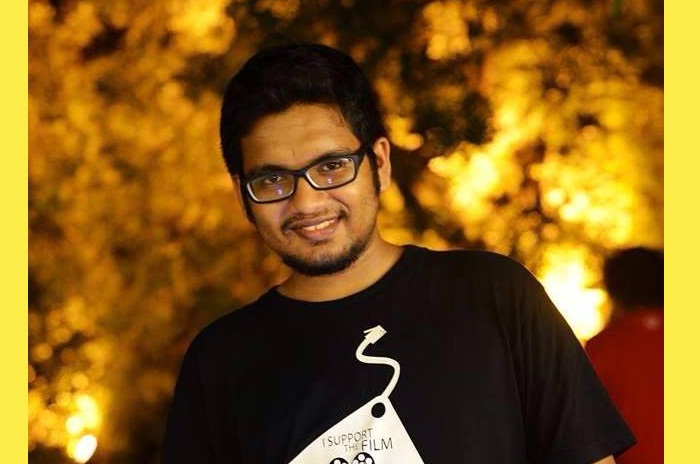
Building a hardware company is hard. It is even harder if you are just about to finish university. But once you love something and know it well, things fall into place. Bondstein—a hardware manufacturing startup based in Dhaka—reaffirms this story.
Founded by a couple of young tech enthusiasts, Bondstein produces vehicle tracking systems (VTS) and various security products. The startup has its own manufacturing unit and R&D team that allows it to make the best products at competitive prices.
Whereas the majority of VTS sellers in Bangladesh import their products from China or elsewhere, Bondstein produces its products locally, and this has become a competitive advantage for the startup. It enables Bondstein to customize its products according to customers' needs and also gives it control over manufacturing expenses.
Because of its high-quality products and great customer service, Bondstein has become one of the strong players in the VTS market. Today, the startup is serving a number of big companies in the market with a consistent growth rate.
 One Thing Leads to Another
One Thing Leads to AnotherShahrukh and his co-founder were originally in the digital marketing, software, and apps business.
However, back in 2013, they made a basic robot with state-of-the-art finishing that could interact with people, nod its head, talk, and blink its eyes. It was made for a marketing campaign for Google. It brought in lots of attention for the duo. That's when they thought of starting a hardware company.
"We actually want to make robots," says Shahrukh, when asked about what they want to do ten years down the line, "but you can't make it to the 10th floor without passing the 2nd."
Bondstein now makes VTS; they are also testing a home security product that can be used with a calling bell and are planning to design solutions around the traffic data they receive from their VTS product. "One thing leads you to another," says Shahrukh. "We use a personalized security measure in our VTS where the owner can control a vehicle remotely. Now we are designing a product to use the same technology with slight modifications for home security."
"We did not raise funds, never took any bank loan," says Shahrukh. "We earned money by working hard and spent it strategically on different projects. We actually bootstrapped. At Bondstein, we tapped in the client first, then jumped into it."
Money is a common problem for most startups. Many complain of lack of money for not being able to start. But it is all about how we look at things. You can solve a problem in a hundred different ways. The question is never about what the solution is but about what the best solution is. This is an optimization problem. You need to optimize your situation and get started.
People living in Dhaka can relate to this. There is no road to take that will give you a ride free of traffic. For a startup, the journey is the same. No matter how smooth it looks from the outside, there are struggles going on inside.
"We are the youngest company to compete in the market; it took us a lot of time to understand the market," says Shahrukh. "At the same time, people seldom took us seriously at the start." It is true that team Bondstein is a very young team to take seriously.
But they worked hard to get past those obstacles. They studied their competitors, pitched to their customers differently, and won the market. "We went to customers, asked them what their problem was, and designed products to solve their particular problem," says Shahrukh. "It gave them confidence, and they took our product."
These are common challenges for startups, and the way to overcome these challenges is: put in more hours. You work harder, devise better strategies, design better products than your competitors. Furthermore, there are advantages to being a startup: you can change things quickly, do things cheaply, and move faster than many established big companies.
Bondstein has used these advantages wisely.
Getting customers is the biggest challenge for most startups. When asked about how they got access to the market, Shahrukh says, "You really need to understand your customer, what they need, what they are getting now from existing suppliers, and what else you can give that's better, and then you approach them with a better offer. And once you win a customer, the hard part is to keep them." "You must ensure excellent service, better than everyone out there," says Shahrukh. "If you can do that, they will bring in more customers and business for you."
Bondstein is now a 23-person team with office and manufacturing facilities in Dhaka and Chittagong. The company is also talking with a big telecom brand for a potential partnership. It has a winning product and wants to innovate in the area. If done right and executed well, Bondstein has a long way to go.
Credit: Image by Bondstein
